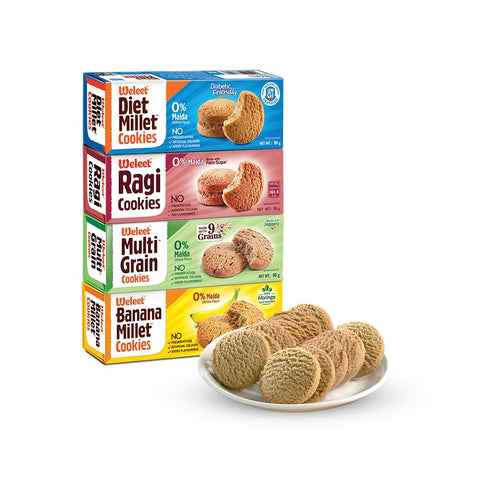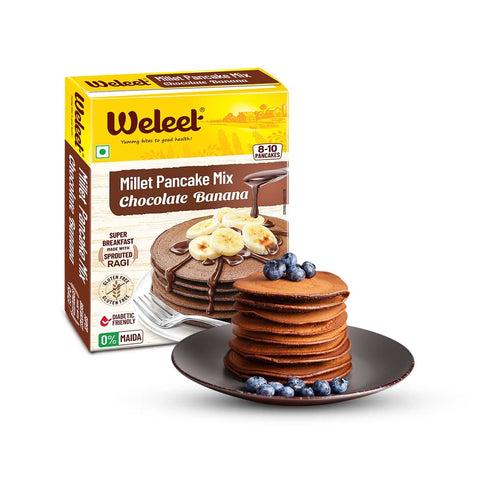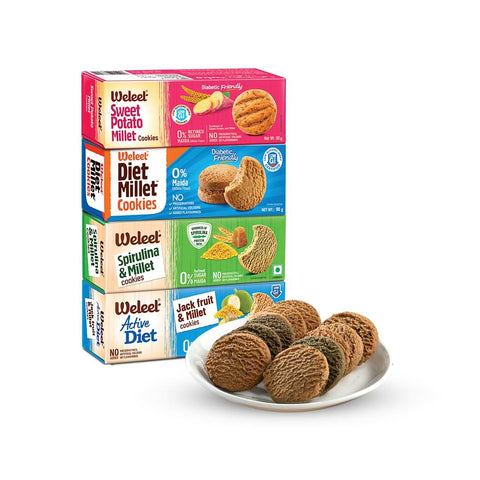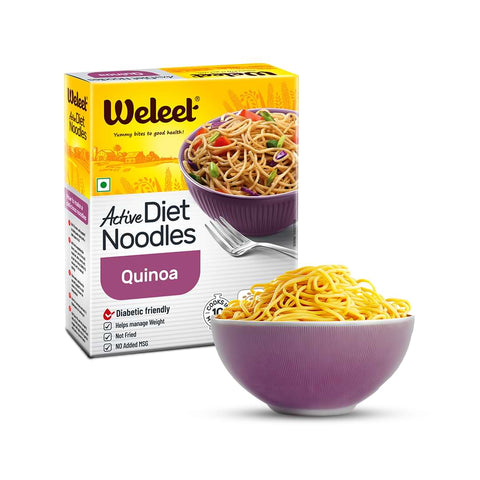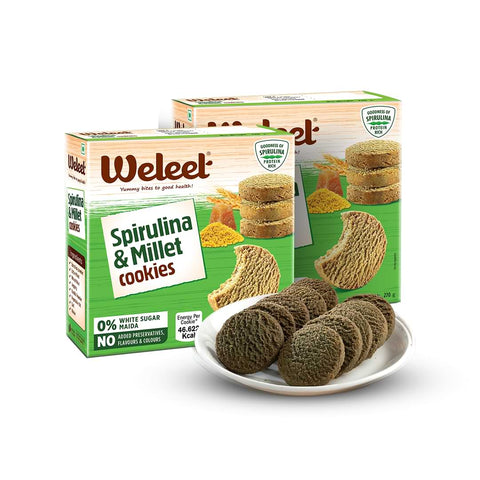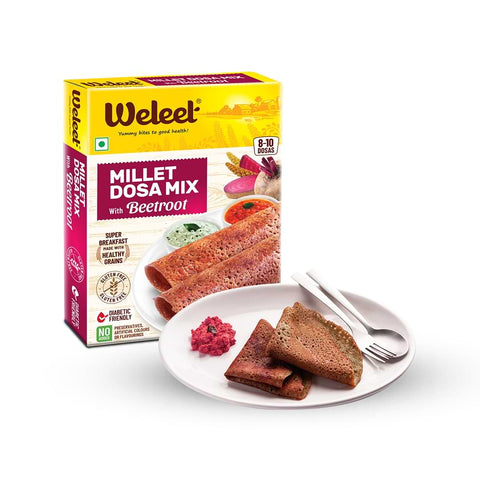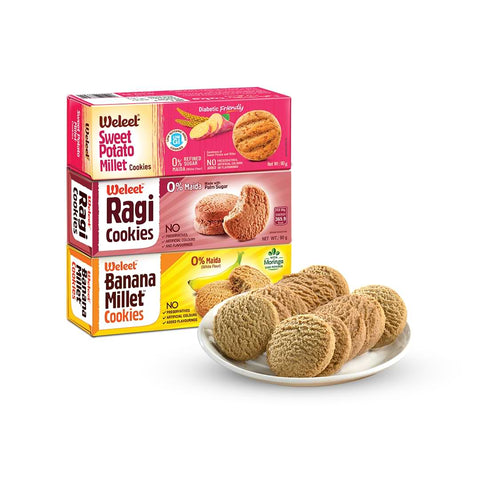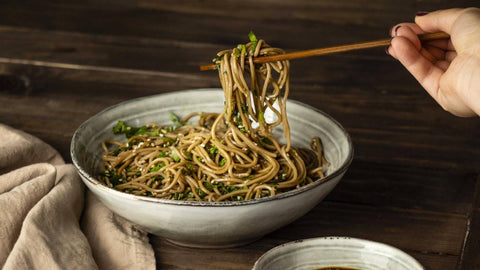In the pursuit of a healthier lifestyle, many individuals are turning their attention to their dietary choices. One such trend that has gained significant popularity is the adoption of a gluten-free diet. Whether driven by health concerns or a desire to explore alternative dietary options, going gluten-free has become a prevalent choice for those who prioritize their well-being, but before we jump to a conclusion, what is Gluten?, should everyone stay clear of Gluten? Let’s find out.
What is Gluten?
Gluten is a complex mixture of proteins found in certain grains, primarily wheat, barley, and rye. It plays a crucial role in giving elasticity to dough, helping it rise and maintain its shape during the baking process. This protein composite consists of two main components: gliadin and glutenin. When flour is mixed with water, gluten forms and provides the structural framework for many baked goods. This elasticity is essential for the development of bread, giving it a chewy texture and allowing it to rise properly. However, gluten is not universally well-tolerated, and some individuals experience adverse reactions to it.
Should Everyone Stay Clear of Gluten?
Whether or not to avoid gluten relies on personal health considerations. For those with celiac disease or gluten sensitivity, eliminating gluten is crucial to prevent adverse reactions. However, for individuals without these conditions, there’s typically no need to avoid gluten, as it is a protein found in wheat, barley, and rye that is part of many common foods.
-
If you have celiac disease
An autoimmune condition known as celiac disease causes damage to the small intestine when gluten is consumed. For those with this condition, even small amounts of gluten can trigger symptoms like abdominal pain, fatigue, and nutrient deficiencies. Adopting a gluten-free diet is essential for managing celiac disease and preventing long-term complications.
-
If you have non-celiac gluten sensitivity
Some people experience symptoms similar to those with celiac disease but lack the specific antibodies and damage to the small intestine. Non-celiac gluten sensitivity (NCGS) is the term used to refer to this illness. People who find themselves experiencing gastrointestinal discomfort, fatigue, or headaches after consuming gluten may want to explore a gluten-free diet to see if their symptoms improve.
-
If you have autoimmune disorders
Research suggests a potential connection between gluten consumption and autoimmune disorders beyond celiac disease. Conditions like rheumatoid arthritis, Hashimoto’s thyroiditis, and lupus may benefit from a gluten-free diet. Health-conscious individuals with autoimmune disorders might consider eliminating gluten to assess whether it positively impacts their symptoms.
-
Irritable Bowel Syndrome (IBS):
Individuals with irritable bowel syndrome (IBS) often experience digestive issues such as bloating, gas, and abdominal pain. While gluten may not be the sole culprit, some people with IBS report symptom improvement when following a gluten-free diet. Health-conscious individuals managing IBS might experiment with a gluten-free lifestyle under the guidance of a healthcare professional.
If you have any of the above, then you definitely should eat a gluten-free diet. Now, let’s get to the question of how you reduce gluten from our diet.
Try to Educate Yourself
Understanding the intricacies of gluten is fundamental. Gluten, a protein found in wheat, barley, and rye, is often hidden in various processed foods. Reading labels diligently and familiarizing yourself with alternative names for gluten-containing ingredients will empower you to make informed choices.
Try Going for Naturally Gluten-Free Diet Products
Embrace a diet rich in naturally gluten-free foods. Fruits, vegetables, lean meats, fish, eggs, and dairy products are excellent choices. These whole, unprocessed foods not only nourish your body but also form the foundation of a balanced gluten-free diet.
Switch to Gluten-Free Diet
Diversify your grain intake by incorporating gluten-free diet alternatives. Quinoa, rice, millet, buckwheat, and amaranth are excellent substitutes for wheat-based grains. These grains offer a plethora of nutrients, ensuring a well-rounded and satisfying diet without the problems of Gluten.
Start Reading Labels
You might spend a lot of time shopping but becoming an expert at deciphering food labels is crucial. Gluten can hide under various guises such as modified food starch, malt, and hydrolyzed vegetable protein. Scrutinizing labels will help you identify potential sources of gluten, even in seemingly harmless products.
Bake with Gluten-Free Flour
For those who enjoy baking, experimenting with gluten-free flour opens up a world of possibilities. Almond flour, coconut flour, and gluten-free flour blends can be used to create delectable treats without compromising on taste and texture.
Choose Gluten-Free Snacks
Navigating the snack aisle can be challenging, but there are plenty of gluten-free options available. Fresh fruits, raw nuts, seeds, and gluten-free crackers make for satisfying snacks that align with your dietary goals. Or you can buy gluten-free snacks like Sundried Honey dipped Banana or Baked Coconut chips.
Communicate your dietary need
When dining out, communicating your dietary needs is essential. Many restaurants offer gluten-free menus or can modify dishes upon request. Being proactive about your dietary requirements ensures a positive dining experience.
Choose Gluten-Free alternatives
The market for gluten-free products has expanded significantly. Explore gluten-free versions of your favourite staples, such as Millet pasta, cookies, dosa noodles etc. Many brands including Weleet offer high-quality alternatives that cater to your taste buds and dietary needs.
Create a Gluten-Free Kitchen
To prevent cross-contamination, establish a gluten-free zone in your kitchen. Designate specific utensils, cutting boards, and cookware for gluten-free cooking. This precautionary measure ensures that your meals remain genuinely gluten-free.
Stay Positive and Persistent
Transitioning to a gluten-free lifestyle requires patience and a positive mindset. Experiment with new recipes, discover gluten-free eateries and celebrate the small victories. Embracing the journey with optimism will make the process more enjoyable and sustainable
While a gluten-free lifestyle has become a trend among many, it is crucial to recognize that gluten elimination is not necessary or beneficial for everyone. Individuals with celiac disease, non-celiac gluten sensitivity, autoimmune disorders, and certain gastrointestinal issues may find relief and improved health by avoiding gluten. However, before making any significant dietary changes, consulting with a healthcare professional or registered dietitian is essential to ensure a balanced and nutrient-rich diet.
Ultimately, the decision to go gluten-free should be based on individual health needs, and a thoughtful, informed approach can help health-conscious individuals make choices that align with their well-being.




